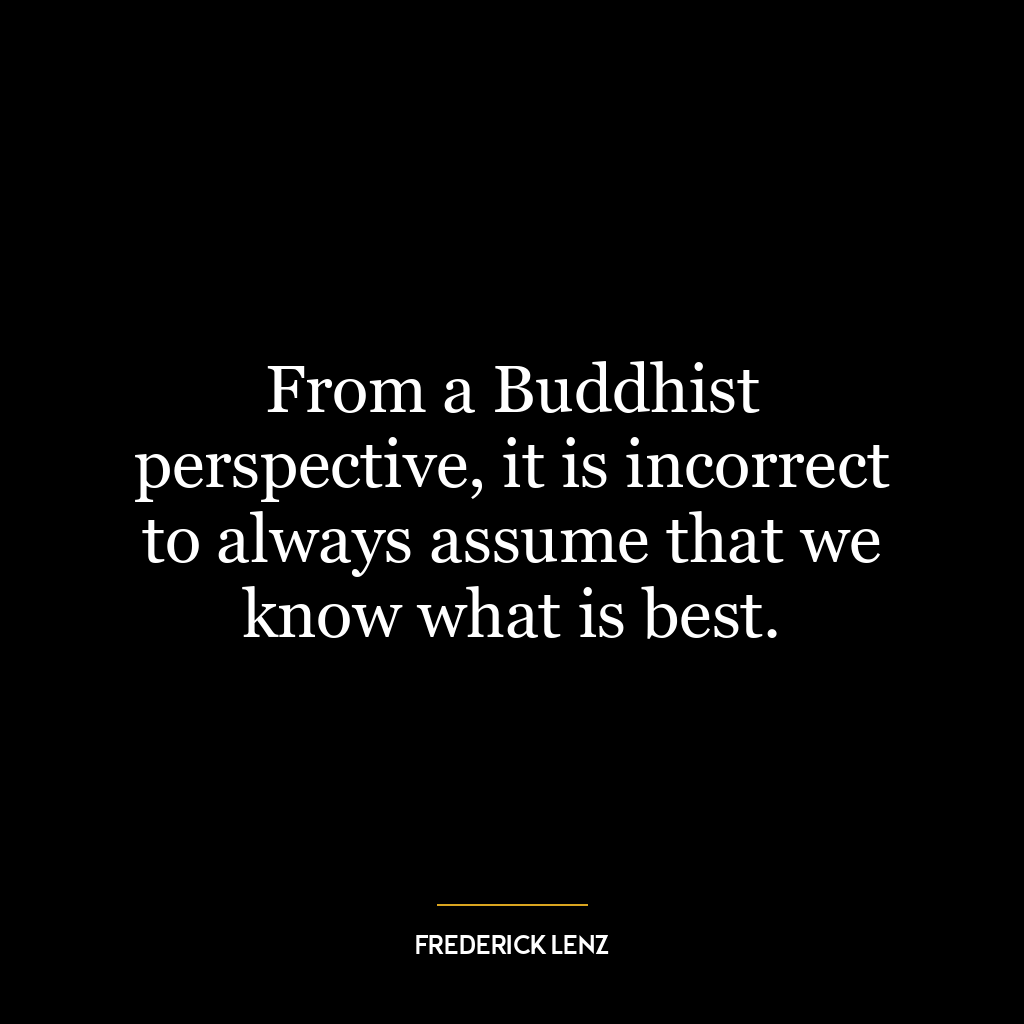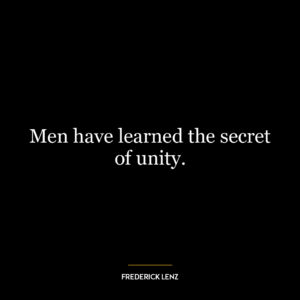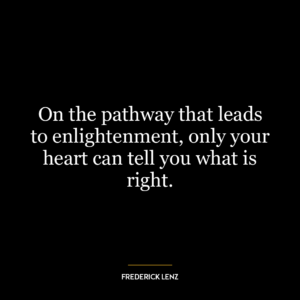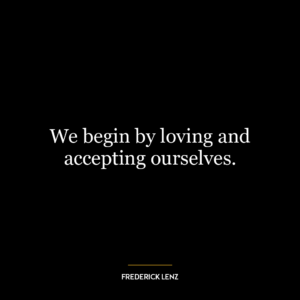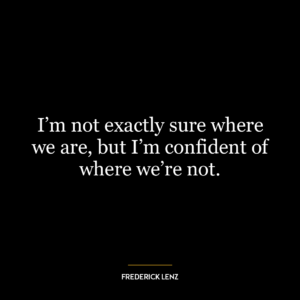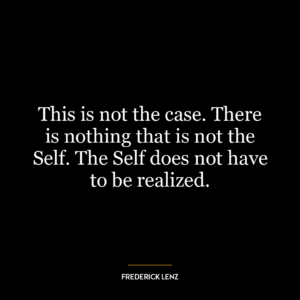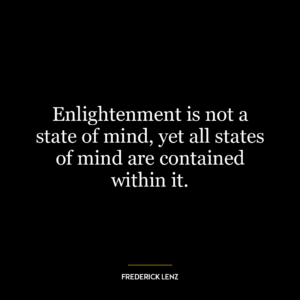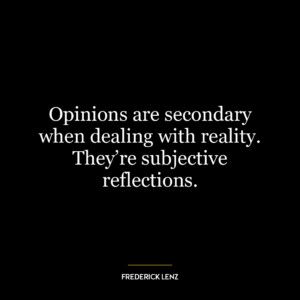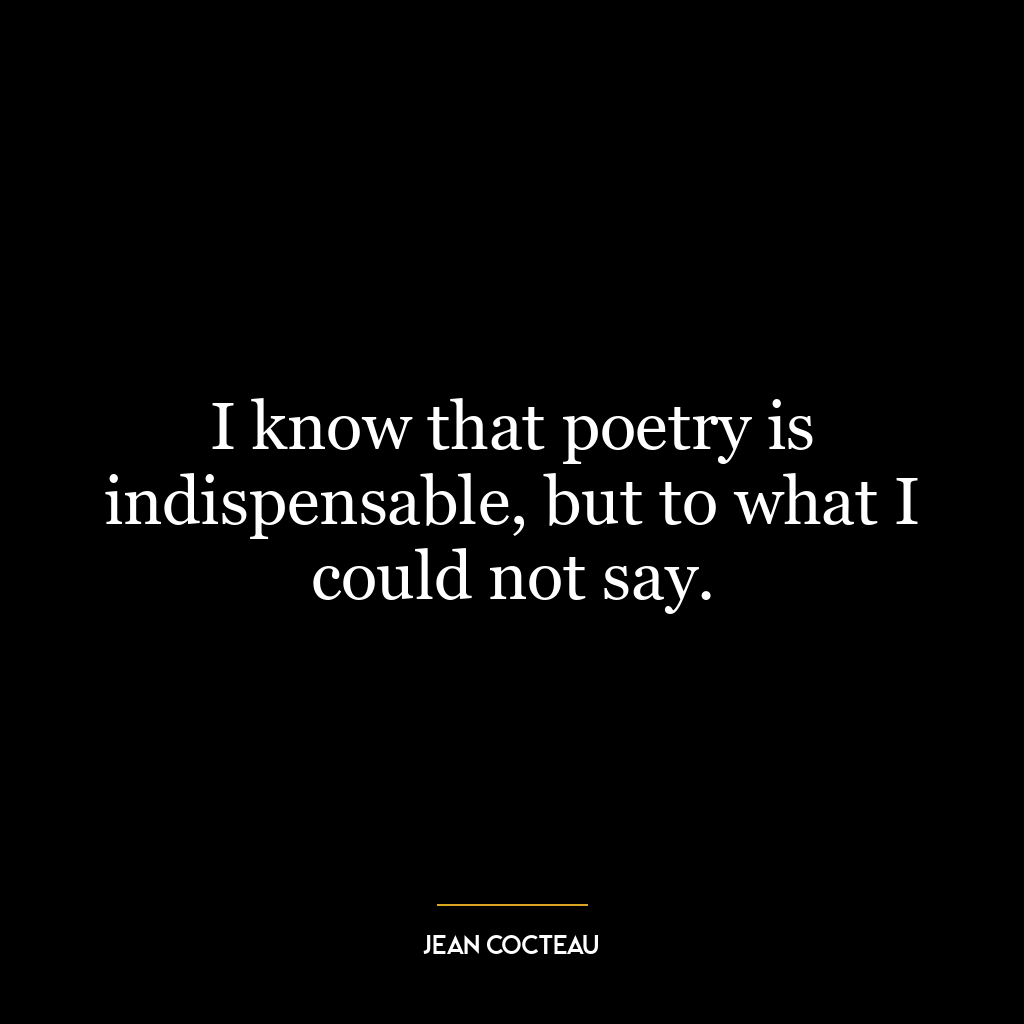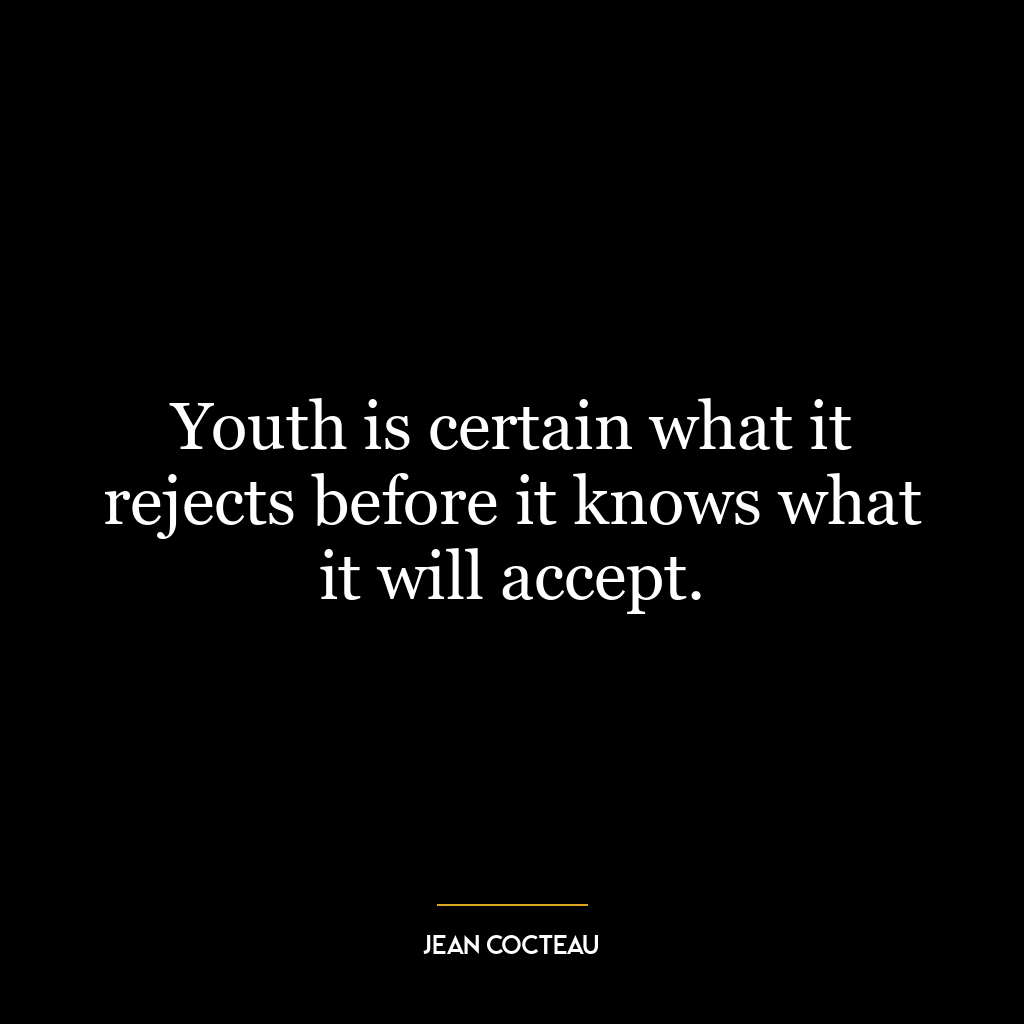From a Buddhist perspective, it is incorrect to always assume that we know what is best.
This quote is rooted in the Buddhist principle of “not-knowing,” which encourages individuals to approach life with an open mind and humility. It suggests that we should not always assume that our knowledge or understanding is complete or infallible. Instead, we should recognize that our perceptions and beliefs may be limited or skewed, and that there is always more to learn and understand.
From a Buddhist perspective, the idea of not always assuming that we know what is best is tied to the concepts of ego and attachment. Our ego often convinces us that we are right, and our attachment to our own ideas or beliefs can prevent us from seeing other perspectives or possibilities. This can lead to suffering, as it can cause conflict with others and prevent us from growing and learning.
In today’s world, this idea is incredibly relevant. We live in a time of rapid change and information overload, where it’s easy to become attached to our own views and beliefs. However, this quote reminds us to stay open-minded and willing to learn from others. It encourages us to challenge our assumptions and to continually seek out new knowledge and perspectives.
In terms of personal development, this quote can serve as a reminder to approach life with humility and a willingness to learn. It can encourage us to challenge our own beliefs and assumptions, and to seek out new experiences and perspectives. This can lead to greater personal growth and development, as it allows us to continually expand our understanding and perspective.
Moreover, it can also help us to improve our relationships with others. By not always assuming that we know what is best, we can become more open to the ideas and perspectives of others. This can lead to more effective communication, greater empathy, and stronger relationships.
In conclusion, this quote from Frederick Lenz, steeped in Buddhist philosophy, encourages humility, openness, and continuous learning, all of which are key to personal development and harmonious coexistence in a diverse and rapidly changing world.

